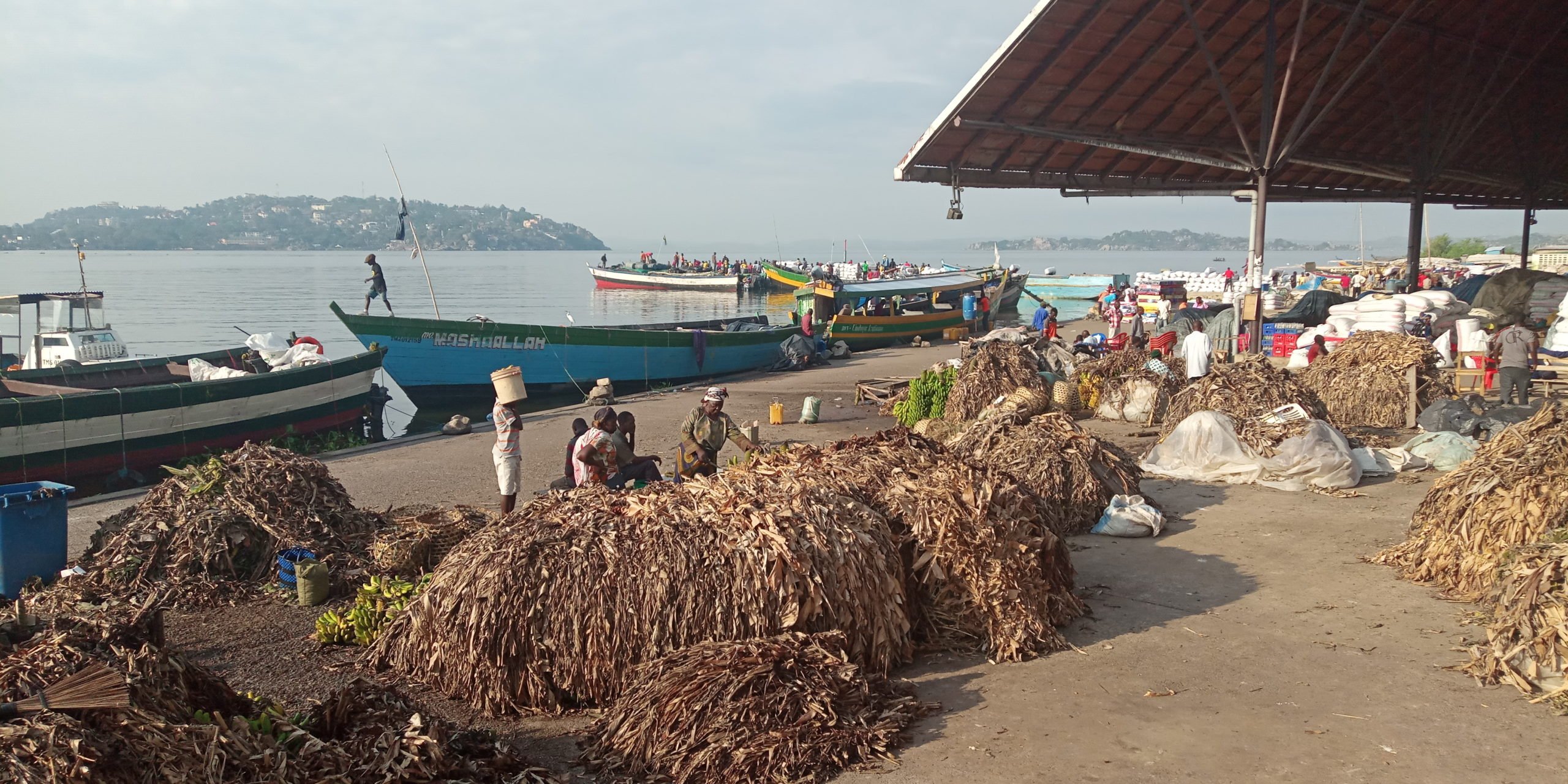By Moenieba Isaacs, Patricia Blankson Akakpo, Maia Nagel, and Editrudith Lukanga
On 3 June, the Institute for Poverty, Land and Agrarian Studies (PLAAS) at the University of the Western Cape hosted a webinar on the African food systems, gender dynamics and Small-scale fisheries (SSF) perspectives. This webinar formed part of the TBTI open house global World Oceans Week – and UN World Oceans Day on 8 June 2021, under the theme – The Ocean: Life & Livelihoods. The open house will help shape the upcoming International Year of Artisanal Fisheries and Aquaculture in 2022, as well as the 4th World Small-Scale Fisheries Congress to be held in the same year.
This panel comprised of three civil society organisations in Ghana, South Africa, and Tanzania- Network for Women’s Rights in Ghana (NETRIGHT), Masifundise Development Trust, and EMEDO focusing on small-scale fisher rights, social and economic justice for fishers, traders, fishworkers. All the organisations are linked Covid 19 and the African Food System rapid response research project funded by IDRC to unpack the impact of the regulations women, fishers, fish traders and processing workers. Our social partners will reflect on the data they collected via baseline interviews, food system diaries and social dialogues to understand the trends in fish flows, volumes, prices, and supply chain challenges during Covid 19 lockdown regulations. The Covid 19 regulations had varied restrictions on mobility of small-scale fishers with the hard lockdown in South Africa, a softer regional lock down in Ghana and no lockdown regulations in place in Tanzanian.
Impact of Covid 19 regulations on women in fisheries
In Ghana and Tanzania the Covid-19 regulations impacted negatively on women fish processors largely through – loss of working capital due to unpaid credit, fish product loses through spoilage, using working capital as family income for food among others. In South Africa fish market has shifted towards a focus on fresh or raw and fresh fish for the high end restaurant and export market and women’s work in the post-harvest area of processing, smoking, salting, pickling, or drying fish has significantly decreased to disappearing hence squeezing women out of the fisheries value chain.
The schools closure affected fish traders significantly as some in Ghana and Tanzania supply fish directly to the schools feeding programmes but not in South Africa where big corporate fishing companies supply tin fish to the government school feeding programmes. In all three countries the closure of schools put increased pressure on women to care for children, take them to the market, stay home and support schooling from no internet for infrastructure for home schooling.
In South Africa fish market has shifted towards a focus on fresh or raw and fresh fish for the high end restaurant and export market and women’s work in the post-harvest area of processing, smoking, salting, pickling, or drying fish has significantly decreased to disappearing hence squeezing women out of the fisheries value chain.
Also the extra pressure on the food budget with the closure of the schools increased the burden of balancing productive and reproductive work – market restrictions and rotations also led to new strategies that included hawking putting much burden on women and further increasing their burden of care work. Women bear the brunt of the burden created by this crisis, often through unremunerated and unrecognized work like taking on more community organizing.
Covid 19 impacts on the fish flow, prices of fish, and the supply chain.
In South Africa the fish food system is dominated by big fishing companies and due to supply and demand, and an obvious oversupply of fish, the price of fish dropped drastically. Rather than this fish and important nutrition staying within the local community or contributing to feeding schemes, the government allowed small-scale fishers to sell this oversupply to corporate fishing companies. These companies with freezer vehicles and cold storage capacities stored the until they could profit from it. This case highlights that the informal system is interlinked with and dependent on the formal system. This is different from Ghana and Tanzania where much of the produce is acquired through small-scale fishers and consumed locally the oversupply were absorbed with in the local market.
In all three countries with the onset of Covid-19 March 2020 had a notable disruption in the fish trade, affecting prices, demand and subsequently adversely impacting on the fishers, processors, traders even in Tanzania with no hard lock down. The export ban and no tourists and hospitality, and hotels impacted on the prices of fish. Transportation of fish cross borders in Ghana and Tanzania impacted on the price and in South Africa it was the transport bans between areas and provinces impacted on the price hikes. The fear of contracting the virus meant that middle class women in Ghana and Tanzania preferred to purchased fish online than going to the markets, The digital platform Abalobi who supplied restaurants in Cape Town and Johannesburg were impacted by the hard lock down regulations and impacted on the volumes – although the price per kg remained the same.
What are the current challenges facing small-scale fishers life and livelihoods and threatens their food systems?
Before the first detected Covid-19 in Africa 16 months ago there are many existing challenges impacted on the life and livelihoods small-scale and in all three countries – a key crosscutting threat is the blue economy development plans on the fishing grounds whether its oil rigs in Ghana, gas pipelines in Tanzania or sand mining activities in South Africa all encroaching on their livelihood activities. In all three countries an increase activities in illegal fishing was noticed, foreign fleets in Ghana and Tanzania, illegal driving abalone activities in South Africa. In Ghana the trans transshipping of fish form large scale vessels to small-scale called SAIKO especially for small pelagic fish. Finally, meaningful participation of small-scale fishers in Marine Spatial Planning of future ocean developments, 30×30 Marine Protected Areas, are lacking and this could negatively impact on their lives and livelihoods.

